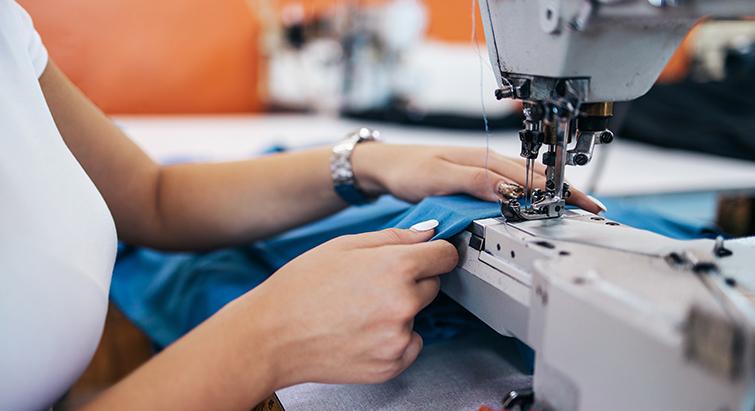Creating Opportunities to Strengthen Equity and Labor Rights for Women (COSER)

Honduras is the second poorest nation in Central America, with few stable job opportunities for socioeconomically vulnerable women. Maquila sector jobs are among the few formal employment options, making women’s full, equal, and safe participation in the maquila workforce critical to the country’s economic advancement.
Women maquila workers are disproportionately concentrated in the lowest paying jobs and face a wide range of direct gender discrimination, including verbal, physical, and sexual harassment and assault, and gender discrimination in hiring, pay, and promotion, yet they rarely report it. They often have limited awareness of their rights and even when they do, they are unfamiliar with the formal complaints process, distrust labor law enforcement officials, and fear employer retaliation.
Employers in the Honduran maquila sector are also not fully aware of their legal obligations to prevent and address gender discrimination and how their own biases, social norms, and power differences contribute to discriminatory practices, policies, and procedures. Inadequate labor law enforcement further exacerbates work-related gender discrimination.
Creating Opportunities to Strengthen Equity and Labor Rights for Women (COSER)
Under the Creating Opportunities to Strengthen Equity and Labor Rights for Women (COSER) project, funded by the U.S. Department of State’s Bureau of Democracy, Human Rights, and Labor, AIR and our implementing partner, Grameen Foundation, seek to improve working conditions for women textile and apparel maquila workers in Honduras by addressing gender discrimination at work.
With a team of widely respected experts in international and Honduran labor law and practice, women workers’ rights, women’s economic empowerment, training, technology, and institution building, COSER adopts a systems-based, participatory approach to engage key governmental, private sector, and worker and union actors through activities targeting the following objectives:
- Maquila sector employers create more inclusive workplaces where gender discrimination is appropriately addressed;
- Honduran labor law enforcement institutions more effectively investigate, sanction, and ensure remediation of gender discrimination in the world of work; and
- More women maquila workers know, voice, and claim their rights related to gender discrimination in the workplace.
